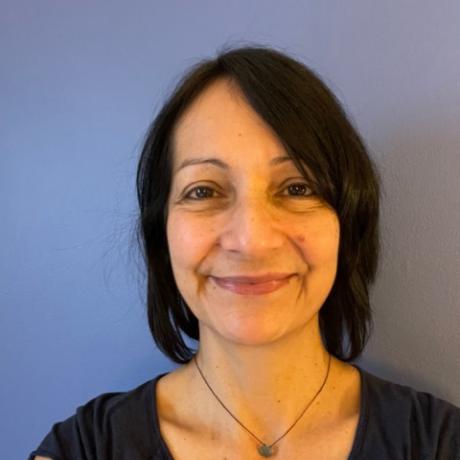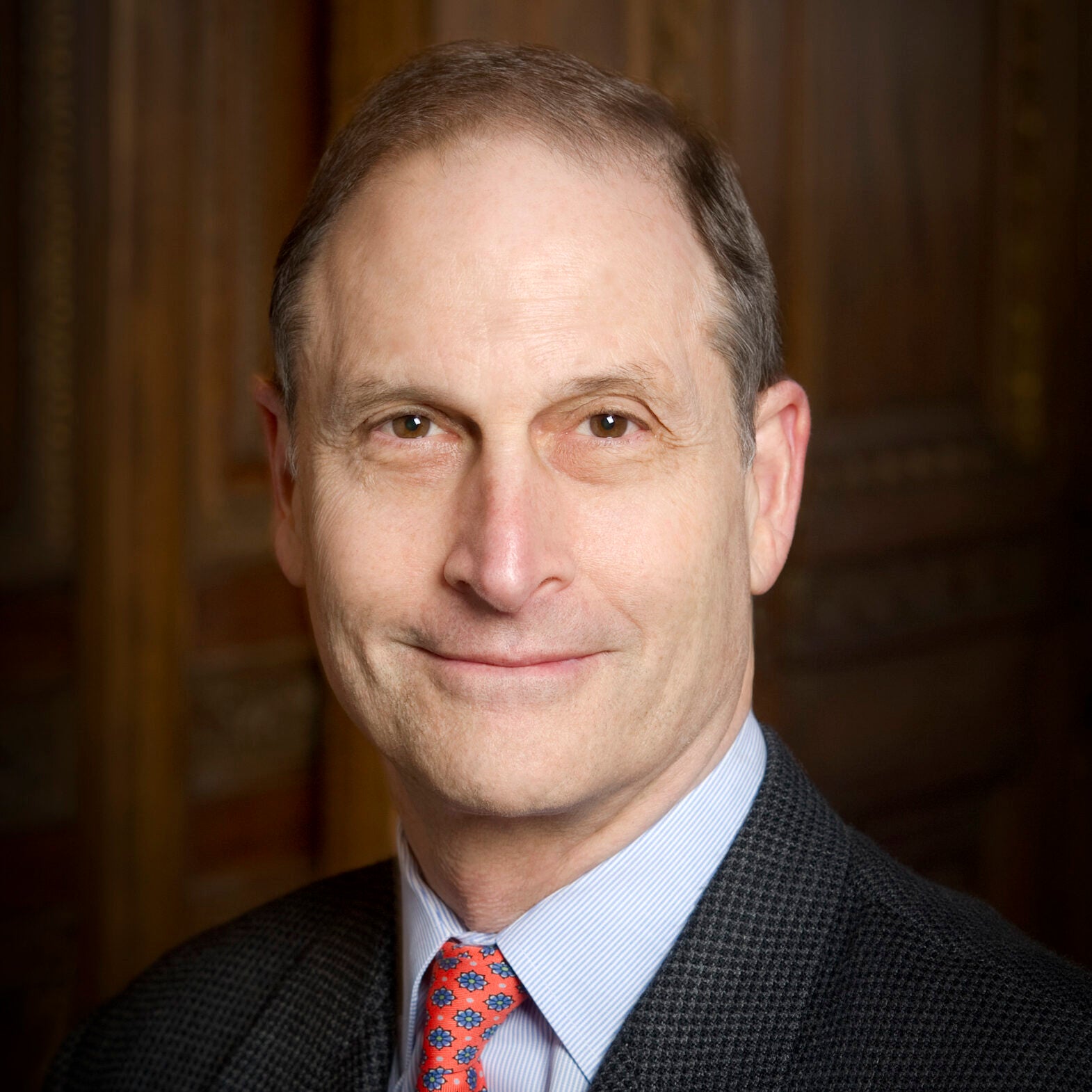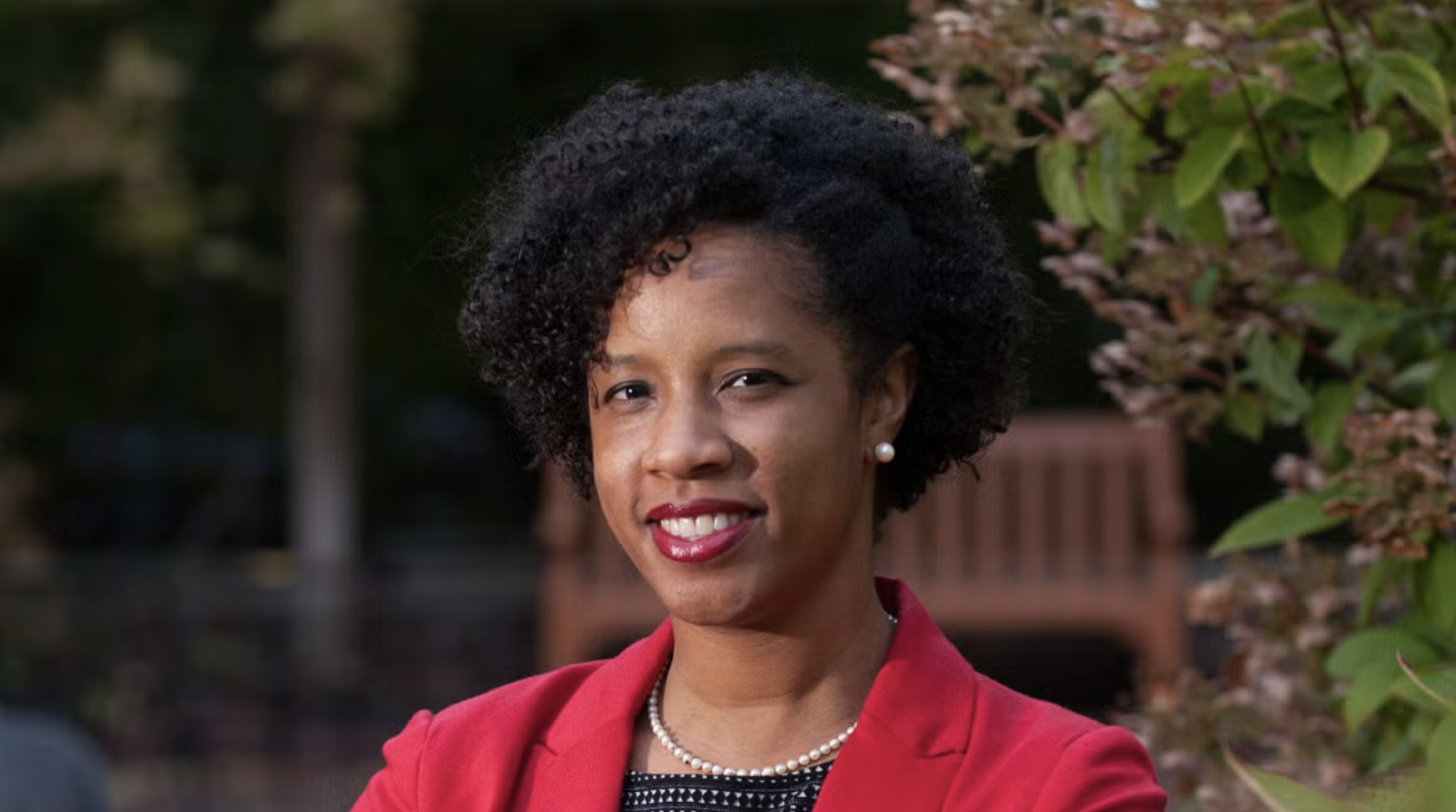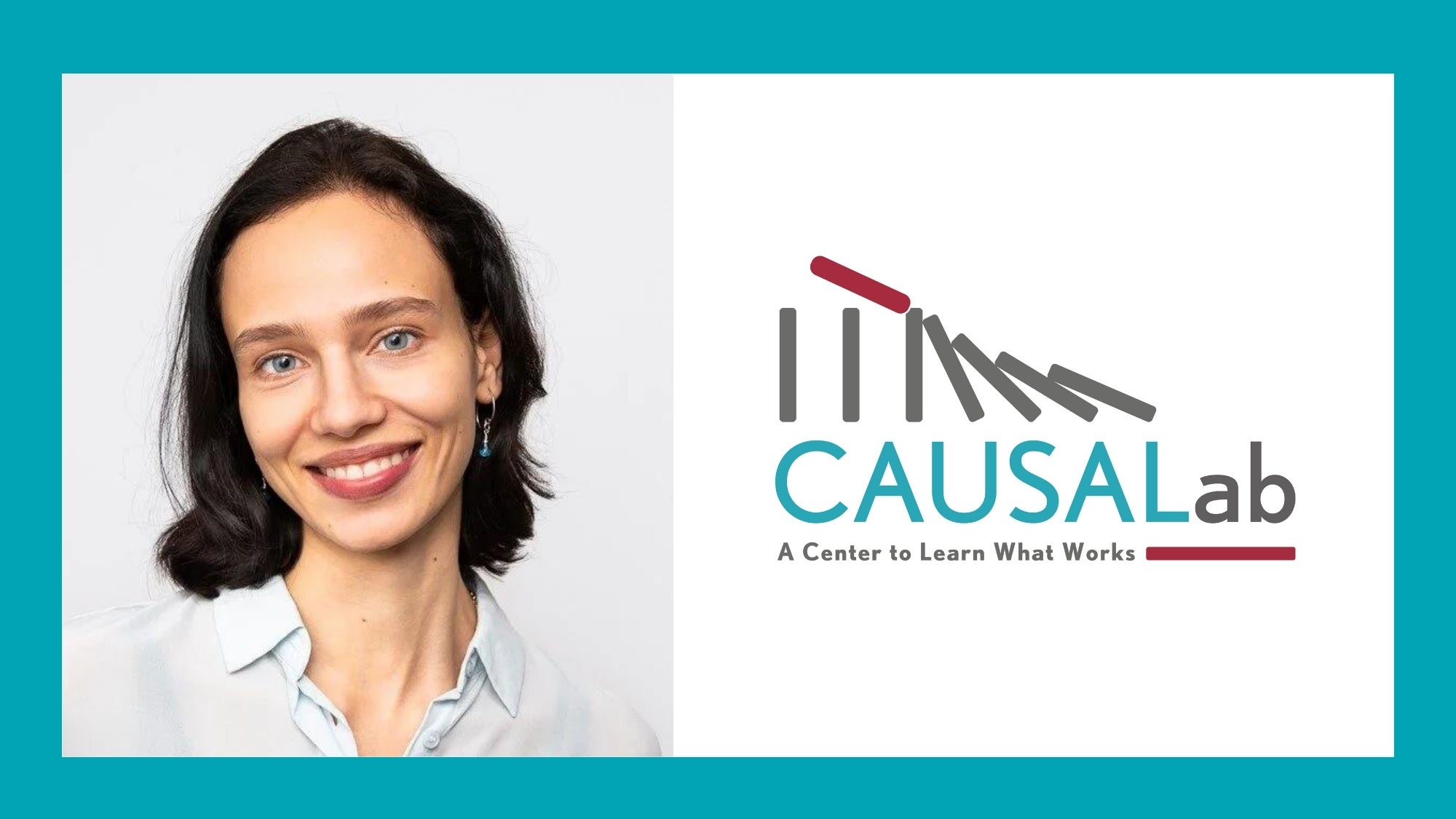Federal proposals to restrict research funding keep Harvard Chan researchers wary
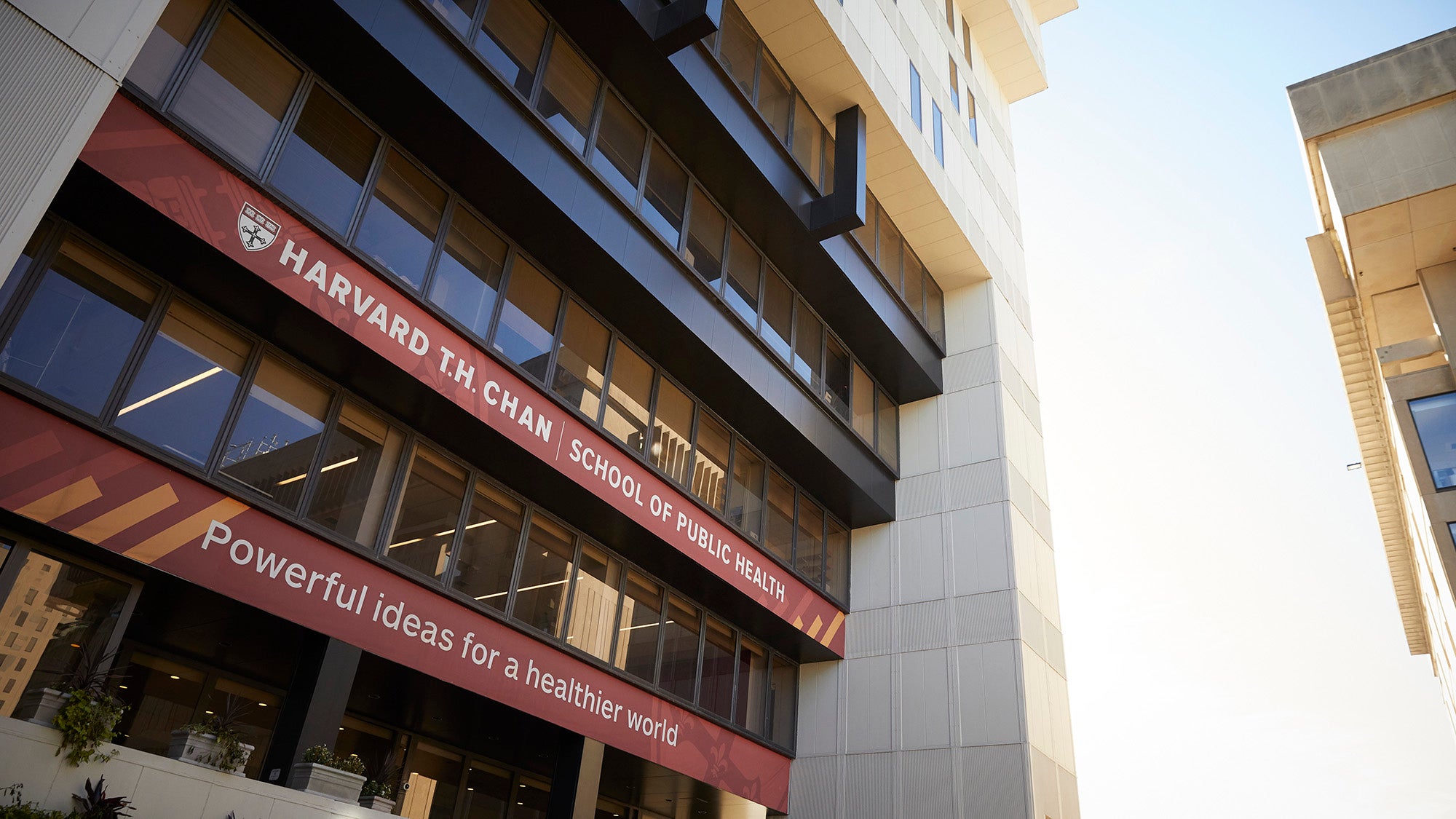
Researchers at Harvard University, especially those in the biomedical and health fields who rely heavily on federal grants, remain uncertain about the future amid the Trump administration’s proposals to restrict research funding and change the way grants are awarded.
In a Nov. 12 Harvard Crimson article, Harvard scientists—including nine from Harvard T.H. Chan School of Public Health—described the difficulties they faced over the past several months as the federal government froze nearly $3 billion in Harvard grants and contracts. And even though the most of the frozen funding was restored by October thanks to a federal judge’s ruling, scientists say they’re still dealing with the fallout of their stalled research. And they worry that federal support may be limited under future policy or funding changes from the Trump administration.
The article noted that funding from the National Institutes of Health could drop by up to a third in the future. Federal funding for the overhead costs of research—so-called indirect costs—could also drop. Harvard Chan School’s indirect cost rate is slightly over 50%, but last February the Trump administration proposed slashing the rate to 15% across the board. The matter is currently tied up in court.
Jorge Chavarro, dean for academic affairs and professor of nutrition and epidemiology at Harvard Chan School, said he was very relieved when research funds were unfrozen, as were his colleagues. But, he added, “We know that regardless of the additional actions the federal government may or may not take in the coming months, there are drastic changes that are probably going to become law that make it very very hard to continue to operate as we were operating in 2024.”
John Quackenbush, a professor of computational biology and bioinformatics who has worked at Harvard for two decades, said he worries that University—“an exquisite place to work” because it has “the world’s experts in everything”—will lose quality, with many researchers laid off and others discouraged from joining in the first place.
Shahin Lockman, associate professor in the Department of Immunology and Infectious Diseases, has fought the AIDS epidemic in Botswana for 26 years as part of the Botswana Harvard Health Partnership. In the wake of the funding freeze, dozens of people working in her lab were laid off and her research on HIV in Botswana stopped. Private funding eventually helped fund most of the remainder of her study, but the infrastructure she’d built in Botswana, including nurses, doctors, and researchers, was permanently damaged. “If you lose so much funding overnight, and you start to lose staff, it’s going to take years and years to build that back up, if we are even able to,” she said.
Some researchers received bridge funding from the University to continue their research—like Mary Rice, Mark and Catherine Winkler Associate Professor of Environmental Respiratory Health, who was in the fourth year of a five-year trial studying whether air purifiers help people with chronic lung disease, and Walter Willett, professor of epidemiology and nutrition, who had worried about losing freezers full of biological samples collected over decades of longitudinal nutrition studies. But Rice and Willett acknowledged that such funding is only temporary.
The article also shed light on the impossibility of replacing federal research funding—often multi-million-dollar grants spread over several years—with funding from either philanthropic foundations or for-profit companies. David Blumenthal, professor of the practice of public health and health policy, noted that foundation funding is “smaller in amount and shorter in duration” than federal funding. As for funding from the private sector, Harvard Chan School has launched an industry engagement strategy to find opportunities for sponsored research—but Blumenthal said that corporate and academic interests don’t always align.
Jesse Bump, lecturer on global health policy, said that government funding is special because it allows for basic research aimed at expanding scientific knowledge. “Basic researchers, they’re busy competing with each other to create the best science that’s most interesting in their peer group,” he said. “That’s really different than what you’d get out of a competitive, private market process.”
Other Harvard Chan researchers quoted in the article included Erica Kenney, associate professor of public health nutrition, and Andrea Roberts, principal research scientist.
Read the Harvard Crimson article: Harvard Funds Are Back. Can Its Scientists Trust the Government Again?
